How to Talk About Body Image: What to Say and What to Avoid
How to talk to your child about body image: what to say and what to avoid can be like walking on eggshells. As a parent, watching your child struggle with body image can be heartbreaking. You want to say the right things to help them feel confident and secure, but it’s not always easy to know what those things are. The way we talk about bodies—our own and theirs—has a lasting impact. Small comments, even well-intended ones, can either build their self-esteem or reinforce insecurities. If your child is struggling with body image, here’s a guide on what to say (and what to avoid) to foster a positive and healthy self-view. A Personal Story: When My Child Questioned Their Body I’ll never forget the day my daughter stood in front of the mirror, tugging at her shirt, and asked, “Do I look fat?” She was only nine. My heart sank. I had worked so hard to create a positive environment around food and body image, yet here she was, already questioning her worth based on her appearance. Instead of dismissing her feelings or rushing to reassure her, I took a deep breath and asked, “What makes you ask that?” She told me that some girls at school were talking about their weight after the PE teacher weighed them in class. I was shocked—not only that their weight had been recorded, but that it had become a topic of discussion among a group of nine-year-old girls. At that moment, I realized how important it was to give her the right message—not just once, but over and over again. I told her, “Your body is strong and capable. It lets you run, dance, and play. And no matter what, you are loved exactly as you are.” That conversation sparked many more over the years, and I continue to remind her that her body is hers—not for anyone else to judge. This experience made me even more passionate about helping other parents navigate these moments. If your child is struggling with body image, here are some key things to say (and not say) to help them build a positive self-image. How to Talk to Your Child about Body Image: What to Say 1. “Your body is strong and capable.” Focusing on what the body can do rather than how it looks helps shift the emphasis from appearance to function. Instead of saying, “You look great in that outfit,” try, “Your legs help you run fast, and your arms are strong enough to climb that tree!” 2. “All bodies are different, and that’s a good thing.” Kids naturally compare themselves to others. Reassure them that bodies come in all shapes and sizes and that no one “perfect” body exists. Reinforce that diversity in appearance is normal and valuable. 3. “It’s okay to have tough days, but remember that your worth isn’t based on how you look.” Children (and adults) will have moments of self-doubt. Let them know that it’s normal to feel this way sometimes, but remind them that their value is based on who they are, not their appearance. 4. “Let’s focus on what makes you feel good.” Encourage habits that promote well-being rather than weight or appearance. Instead of saying, “You should eat healthier, ”try, “What foods make your body feel strong and energized?” or “What activities make you feel happy and confident?” 5. “I love you exactly as you are.” The simplest and most powerful statement you can make. Kids need to hear that their worth is not tied to how they look. Reassure them that they are loved unconditionally. How to Talk to Your Child about Body Image: What NOT to Say 1. “I feel so fat” or any negative comments about your own body. Children pick up on how their parents talk about themselves. If you criticize your own body, they may start looking for “flaws” in theirs. Try modeling self-acceptance by speaking kindly about your own appearance. 2. “You don’t need to worry about that” or dismissing their feelings. If your child expresses concern about their body, brushing it off with “You’re fine, don’t worry” can make them feel unheard. Instead, validate their feelings: “I hear that you’re feeling upset about this. Let’s talk about it.” 3. “Maybe you should try eating less/more” or commenting on their food choices. Statements about food can be tricky, even if they come from a place of concern. Instead of directing their eating habits, encourage mindful eating by asking, “How does that food make you feel?” and making nutritious options accessible at home. 4. “You’d look better if you…” Even subtle suggestions about changing appearance can be damaging. Avoid comments like, “That outfit would look better if you lost a little weight” or “Your hair would look nicer if you did this.” Instead, praise their individuality and personal style. 5. “You should exercise so you don’t gain weight.” Exercise should be about joy, strength, and well-being—not punishment. Encourage movement in ways that feel good, like dancing, biking, or playing outside, rather than linking it to weight control. How to Foster a Body-Positive Home Final Thoughts Your words shape how your child sees themselves. By focusing on body positivity, self-worth, and healthy habits, you can help them build confidence and resilience. If you notice ongoing distress about their body image, book a free call with me and we can explore how we can work together. Most importantly, remind your child that they are valued and loved—just as they are. For more information on parent and health coaching check out my website.


